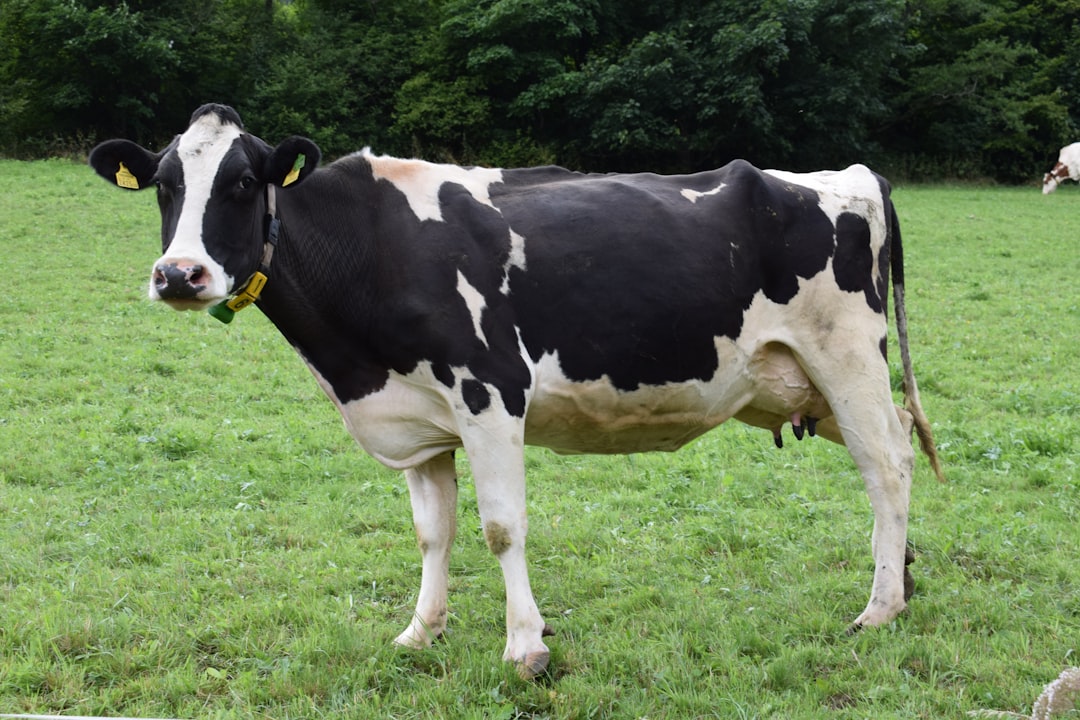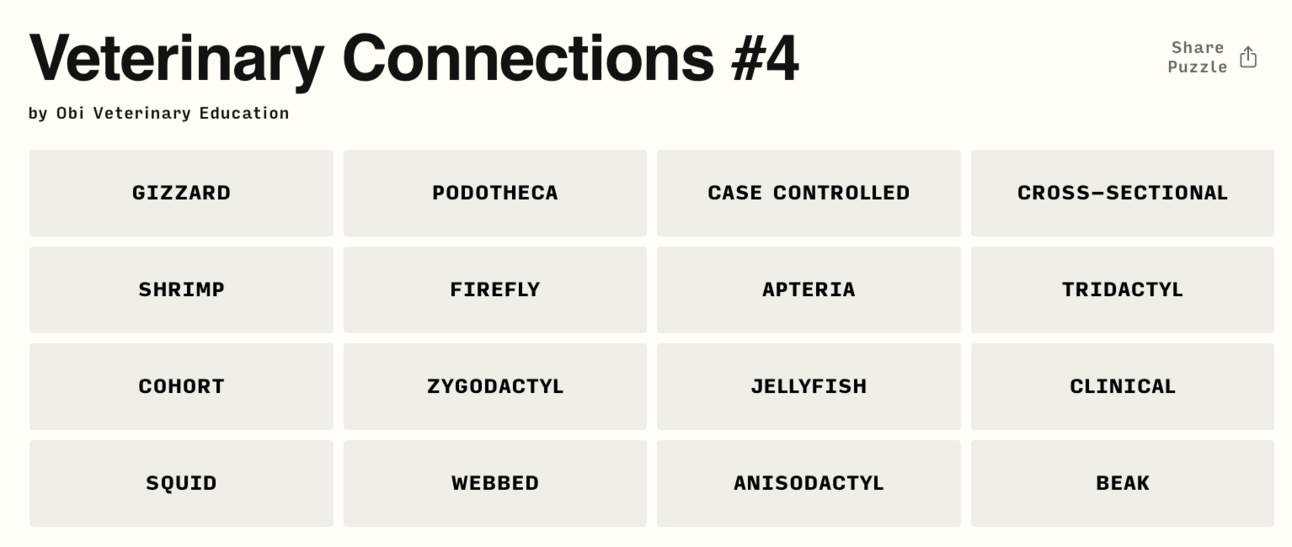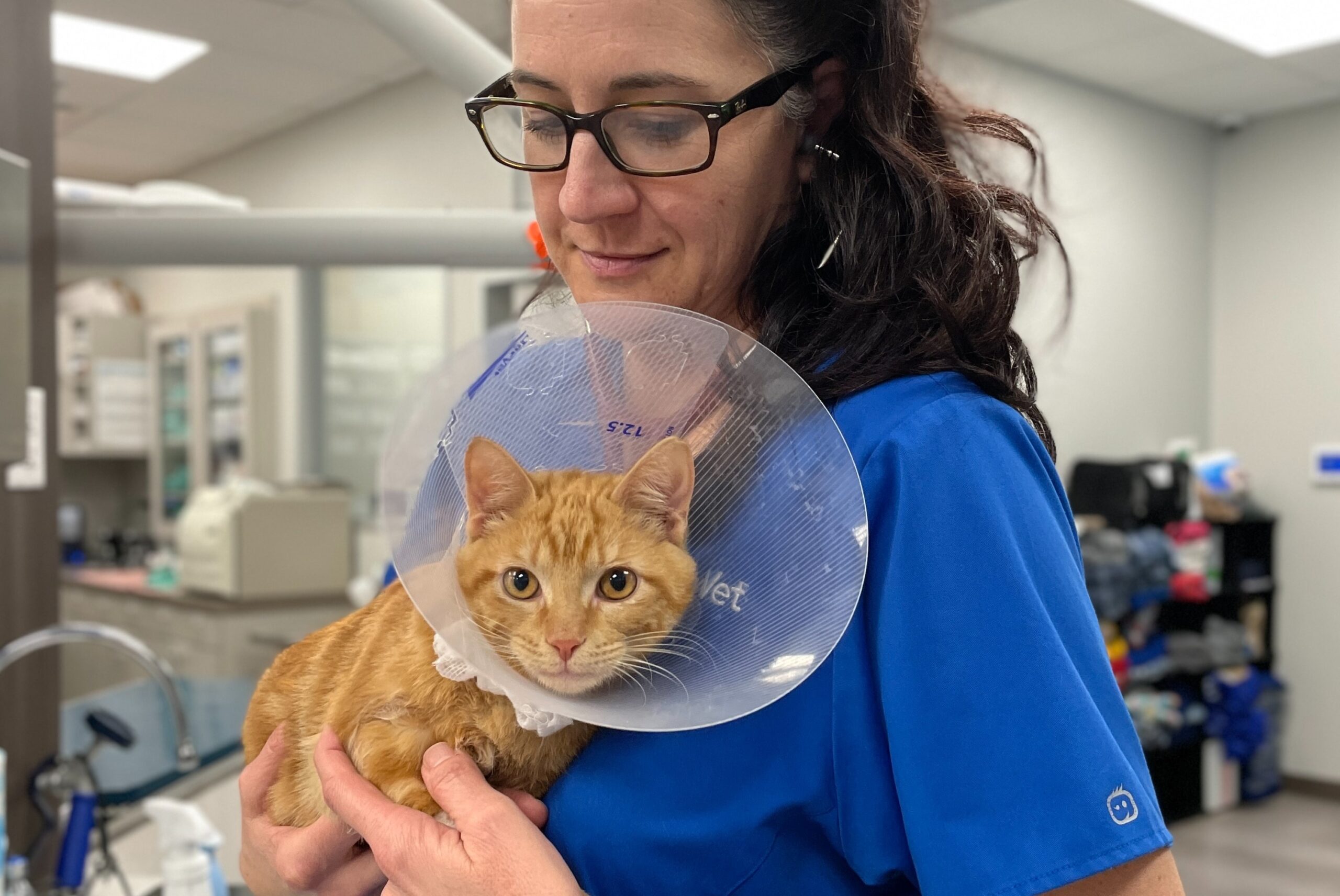Hello 👋
Welcome back to another edition of Weekend Rounds!
As we shed light on the ever-evolving world of animal healthcare, we promise to eclipse your expectations. Our goal is to provide you with insights as illuminating as a solar eclipse, but without the need for protective eyewear! Stay tuned for a journey that’s sure to be totally enlightening.
Okay, enough of that. Here’s the latest in the world of vet med:
🐔 The spread of HPAI
💼 Business round up
💡 Game changing innovations
🟪 Veterinary Connections #4
🚀 Quick hits
🐓
HPAI Watch
This season’s bird frenzy started over three weeks ago when cattle in Texas began falling ill with what officials called “mystery dairy cow disease”.
Then, on March 25th US officials announced that positive cases of HPAI (highly pathogenic avian flu) were discovered in in dairy cows in Texas, Kansas, and New Mexico. The affected cattle were presenting with decreased milk production, low appetite, and other symptoms.
The announcement came a week after HPAI was discovered in a goats on a Minnesota farm where there had been an outbreak of bird flu among poultry. It’s believed to be the first time bird flu has been found in U.S. livestock. And on Friday, The Ohio Department of Agriculture confirmed that HPAI was found in an Ohio dairy herd.
It would appear that it’s spreading like… well, the flu.
Meanwhile, HPAI continues to wreak havoc amongst poultry. The United States’ largest producer of fresh eggs temporarily halted production at one of its facilities in Texas after detecting HPAI and depopulating 1.9 million birds as a result of the outbreak.
While the threat to humans remain low, the virus is becoming increasingly common in non-bird species including cows, pigs, mink, cat, dogs, and seals. But the second-ever human infection in the U.S. was reported just days ago in Texas, and some scientists are worried about the rate at which it is evolving and jumping between species.
💼
Business Round Up
Last week we covered the latest business stories from Loyal, VetIQ, and VetChip. But the headlines keep on coming in the business of vet med. We don’t always include a business round up in Weekend Rounds, but this week happens to be jammed pack with a bit of everything: layoffs, clinic expansions, lawsuits, patents and more…
💡
Game Changing Innovations
Two interesting stories on medical innovations caught our eye this week.
First, Mars Veterinary announced a new pilot project that captures unused anesthetic gas to help prevent harmful greenhouse gases from entering the atmosphere.
During a typical anesthetic procedure, approximately 95 percent of the anesthetic is exhaled, while just five percent of the anesthetic agent is absorbed and metabolized. The unused gas is significant contributor to the high carbon footprint of veterinary healthcare.
The one-year pilot project will implement SageTech’s technology - which is already used in human medicine - into 10 of Linnaeus veterinary practices in the UK. As far as we can tell, this seems to replace your standard soda lime filter.
Also this week, Science Alert had a feature on the Canine EGFR/HER2 Peptide Cancer Immunotherapeutic which has been showing incredibly promising results in clinical trials.
More than 300 dogs have been treated with the vaccine in trials since 2016, and the twelve-month survival rate for canines with certain cancers has increased 25% and tumors in many of the animals have also shrunk.
The treatment was developed as an offshoot of autoimmune disease, where the immune system damages the body's own tissue rather than any invading threats. As outlined in a 2021 study, the treatment activates the dog’s immune system to attack cancer instead. The immune produce antibody defenses, which attach themselves to tumors and interfere with their growth patterns. The treatment is being used for osteosarcoma metastasis at this time, which expands the toolkit for immunotherapy beyond lymphoma and melanoma.
In veterinary oncology, our toolbox is much smaller than that of human oncology. This vaccine is truly revolutionary. I couldn't be more excited to be a veterinary oncologist.
🟪
Veterinary Connections
As long as you keep playing, we’ll keep making them! In fact, do us a favour and use your unique referral link to share Weekend Rounds and this brand new Veterinary Connections puzzle with a friend!
Reply to this email or message us on Instagram when you’ve found all 4 groups of 4!
Connections is a game popularized by The New York Times. Veterinary Connections uses a similar format solely for the purposes of education. Play todays New York Times Connections here.
🚀
Quick Hits
Here are some of the other stories that caught our eye and we're following this week from around the veterinary world and animal kingdom:









